Teach your pupils how to draw a dragon with a printable guided drawing worksheet.
Step by Step Drawing for Kids
Whether you are celebrating the Lunar New Year or reading a medieval story in English, this step-by-step drawing worksheet is the perfect activity to bring into the classroom. Students will learn how to draw a dragon head by following the step by step visual instructions provided on the worksheet.
Before setting your students on their own with this activity, we recommend demonstrating the first few steps of the drawing on your whiteboard or chart paper. This modelling will help your students better understand the process and visualise the expected outcome. We also strongly suggest you encourage your students to add their creative touches to the drawing. This could include choosing colours, adding details or personalising the final artwork.
Providing opportunities such as these, both structured and unstructured, allows your students to explore their creativity, develop important skills and find joy in expressing themselves through art.
Why Bring Directed Drawing into the Classroom?
Directed drawing is important for kids for several reasons, as it offers numerous developmental and educational benefits. Let’s look at just a few of them:
- Fine Motor Skills: Step-by-step drawing activities help children develop and refine their fine motor skills. These activities involve using small hand movements and coordination, which is essential for tasks like writing and tying shoelaces.
- Hand-Eye Coordination: Following a sequence of steps in drawing helps improve hand-eye coordination. Children learn to control their hand movements and align them with what they see, enhancing their spatial awareness.
- Attention to Detail: Step-by-step drawing requires attention to detail. Children learn to focus on specific elements, such as shapes, lines, and proportions, promoting visual discrimination and attention skills.
- Visual-Spatial Skills: Drawing involves understanding and manipulating visual-spatial relationships. Step-by-step instructions guide children in creating images by breaking them down into manageable components, enhancing their spatial awareness.
How to Incorporate Your Dragon Drawing into the Classroom
Just because your students finish their dragon drawing doesn’t mean the fun has to be over. Our teachers on the Teach Starter team have come up with a list of ways you can incorporate these fun drawings into your curriculum. Keep reading to extend this activity:
- Writing Prompts: Encourage students to use their imagination and write a fun story or narrative that features the dragon they’ve drawn. They can describe the setting and characters in detail and even add a touch of folklore to their stories.
- Character Analysis: Use the dragon drawings as characters for character analysis activities. Students can describe the personality traits, motivations, and actions of their dragons, fostering critical thinking and literary analysis skills.
- Research Projects: Turn dragon drawings into research projects. Students can choose a specific type of dragon and conduct research on its mythical origins, cultural significance, or scientific adaptations, integrating research skills with their artistic work.
- Science Classification: Connect dragon drawings to a science lesson on classification. Students can categorise their dragons based on different criteria and explain the characteristics that define each category.
- Interactive Storytelling: Create an interactive storytelling session where students share their dragon drawings and take turns contributing to a collaborative story. This activity promotes creativity, collaboration and oral communication skills.
- Cultural Exploration: Connect dragon drawings to cultural studies. Students can research and draw dragons from different mythologies and cultures, fostering cross-cultural awareness and understanding.
- Graphing and Data Analysis: Incorporate dragon drawings into graphing activities. Students can create bar graphs or pie charts representing different aspects of their dragons, such as colours, sizes or features.
- Classroom Displays: Showcase your students’ dragon drawings on a thematic classroom display. Create accompanying captions, facts or writing pieces to turn it into an informative and visually appealing display.
Check Out These Other Fun How to Draw Printables and Videos
While you’re here, check out more of our fun, directed drawing activities your students are guaranteed to love.
[resource:4477846] [resource:3728490] [resource:3720466]
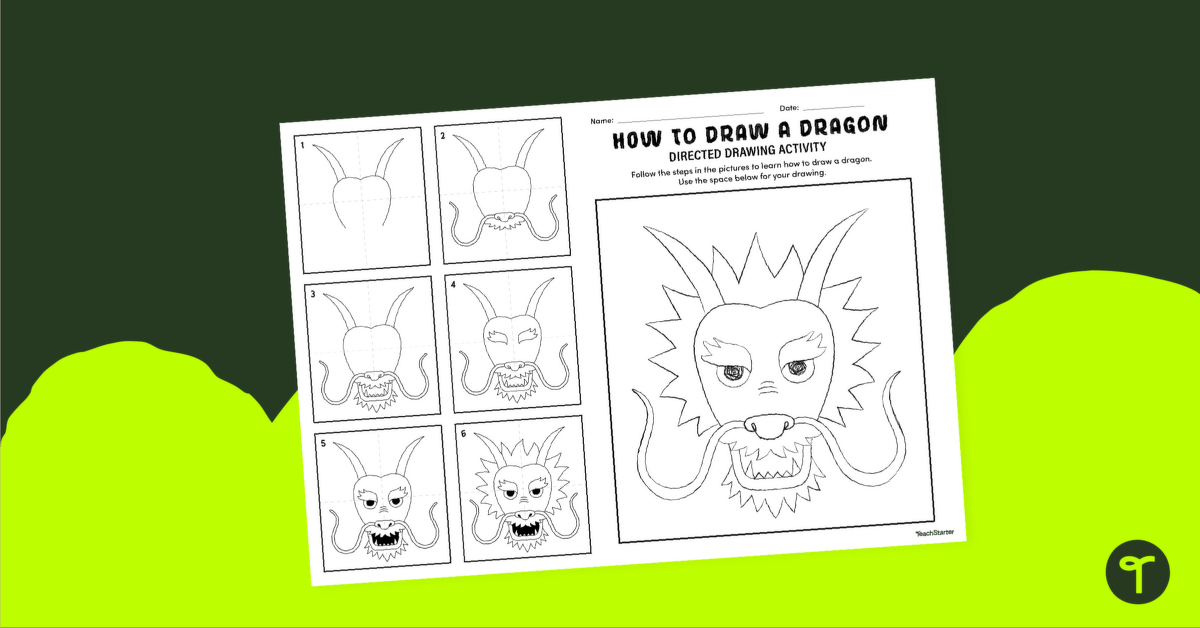

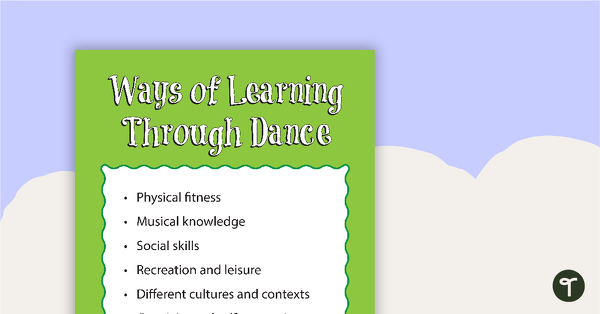
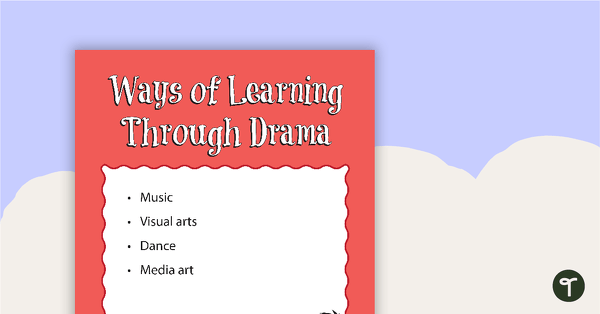


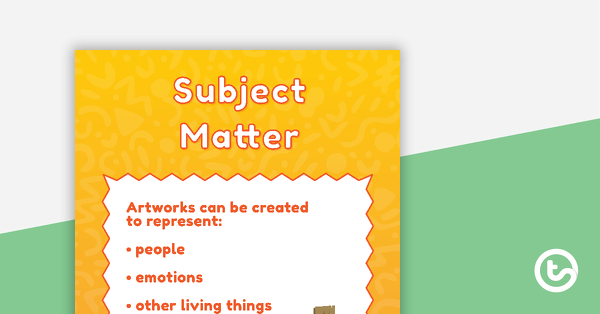

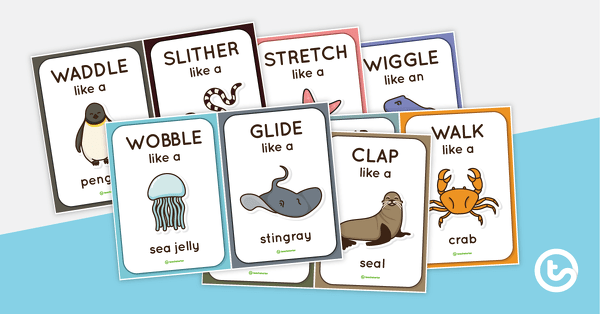
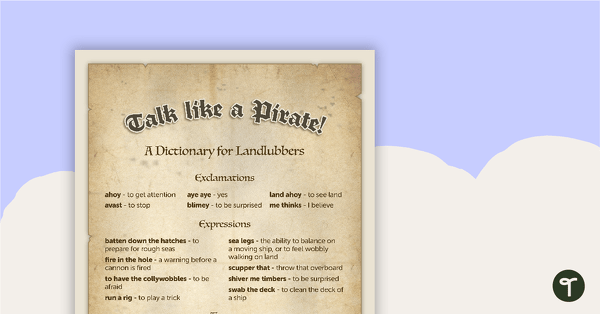
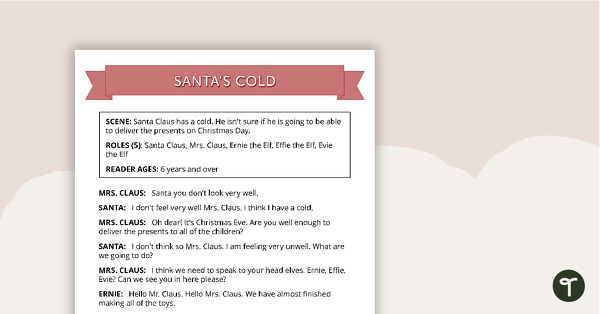

0 Comments
Write a review to help other teachers and parents like yourself. If you'd like to request a change to this resource, or report an error, select the corresponding tab above.